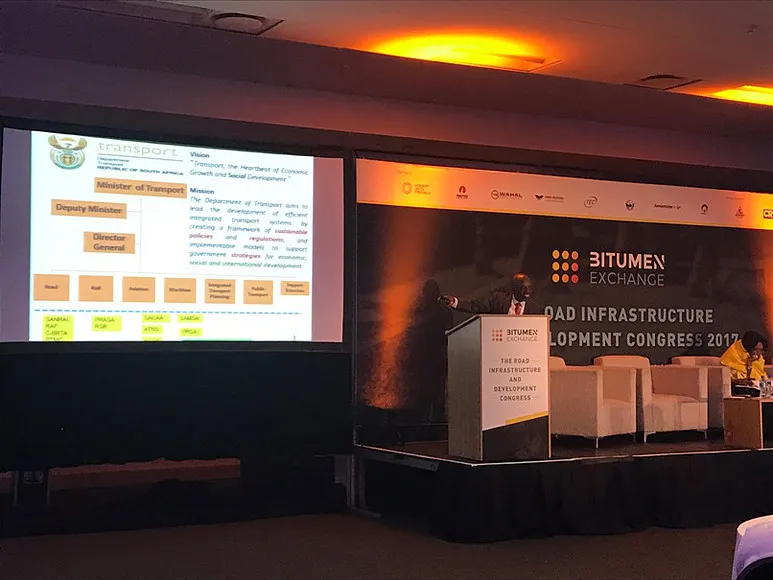The first European asset management framework package to improve decision-making, including cross-border asset management will be available in August 2018. The framework is being developed by AM4INFRA, a two-year Horizon 2020 project that is supported by the Conference of European Directors of Roads (CEDR) and ProRail, the Dutch national rail agency. H2020 is European Union Research and Innovation programme to boost the competitiveness and efficiencies of EU organisations. Funding for projects is nearly €80
November 7, 2017
Read time: 2 mins

The first European asset management framework package to improve decision-making, including cross-border asset management will be available in August 2018
The framework is being developed by AM4INFRA, a two-year Horizon 2020 project that is supported by the Conference of European Directors of Roads (CEDR) and ProRail, the Dutch national rail agency. H2020 is European Union Research and Innovation programme to boost the competitiveness and efficiencies of EU organisations. Funding for projects is nearly €80 billion over seven years to 2020.
The goal of the framework is to provide all national infrastructure agencies with insight into how asset management practices would support the development of network management strategies, adoption of decision-making processes and operational requirements. It will be based on best practices of four national infrastructure agencies considered frontrunners in the development and application of asset management. The framework will set out clear designation of roles and responsibilities of asset owners and asset managers as well as of service providers. It provides a slate of models for assessing whole-life cycle and risks to performance of the network.
The framework will be supported by data management tools to ensure transparent and compatible optimisation and collaboration actions of the infrastructure authorities within the modes, across the modes and across Europe.
The framework will comprise three major elements: common language, common data and data management.
To get involved, contact Jenne van der Velde, project coordinator at Rijkswaterstaat in the Netherlands: %$Linker:2 Email <?xml version="1.0" encoding="utf-16"?><dictionary /> 0 0 0 link-email [email protected] false mailto:mailto:%[email protected] true false %>
The framework is being developed by AM4INFRA, a two-year Horizon 2020 project that is supported by the Conference of European Directors of Roads (CEDR) and ProRail, the Dutch national rail agency. H2020 is European Union Research and Innovation programme to boost the competitiveness and efficiencies of EU organisations. Funding for projects is nearly €80 billion over seven years to 2020.
The goal of the framework is to provide all national infrastructure agencies with insight into how asset management practices would support the development of network management strategies, adoption of decision-making processes and operational requirements. It will be based on best practices of four national infrastructure agencies considered frontrunners in the development and application of asset management. The framework will set out clear designation of roles and responsibilities of asset owners and asset managers as well as of service providers. It provides a slate of models for assessing whole-life cycle and risks to performance of the network.
The framework will be supported by data management tools to ensure transparent and compatible optimisation and collaboration actions of the infrastructure authorities within the modes, across the modes and across Europe.
The framework will comprise three major elements: common language, common data and data management.
To get involved, contact Jenne van der Velde, project coordinator at Rijkswaterstaat in the Netherlands: %$Linker:






